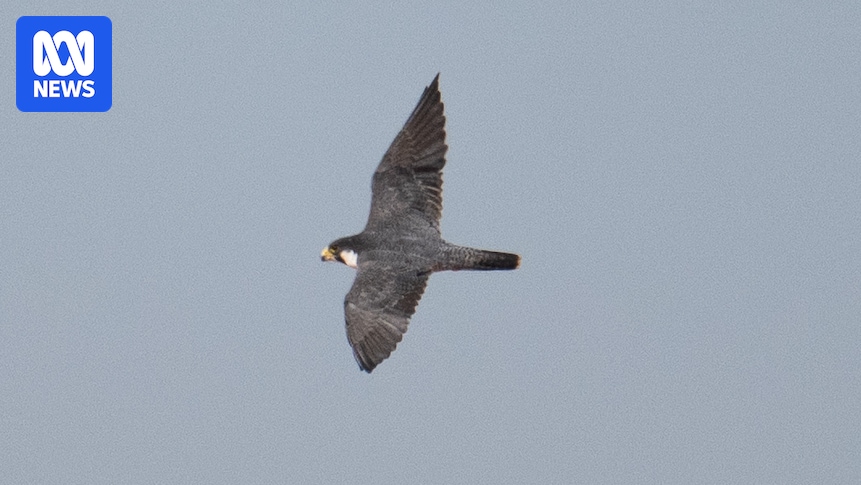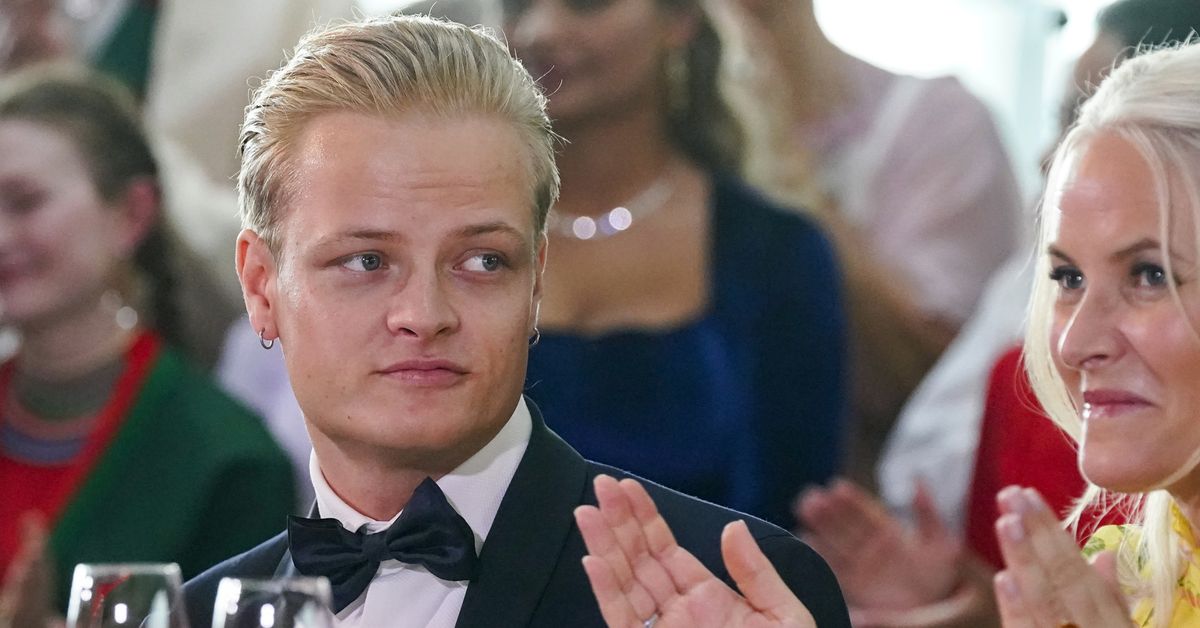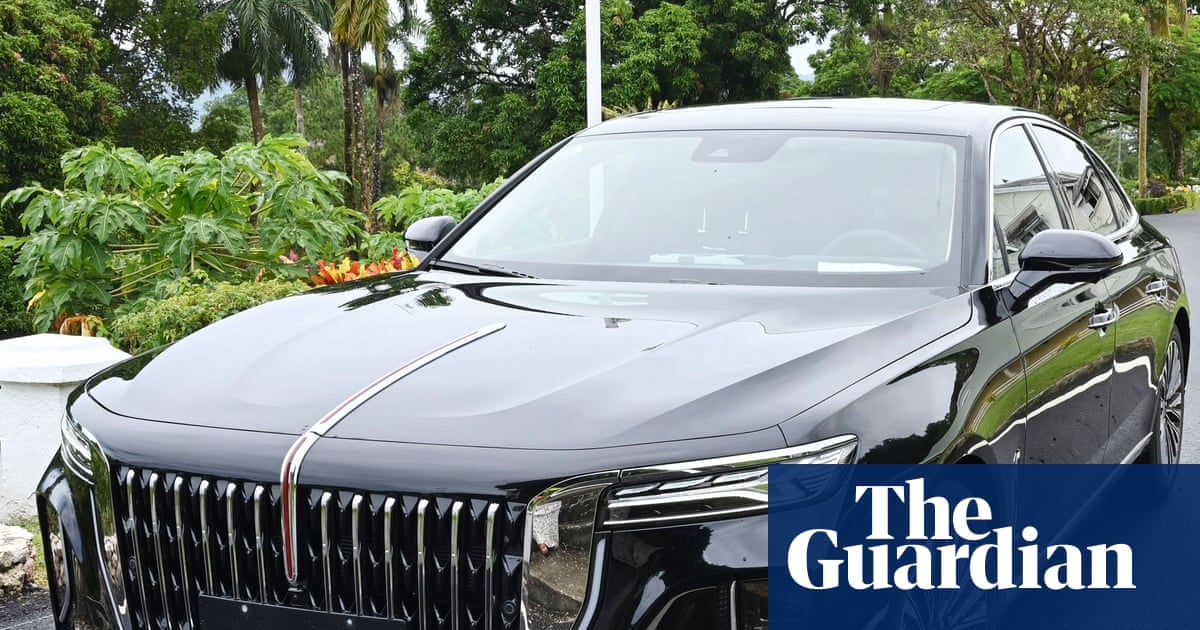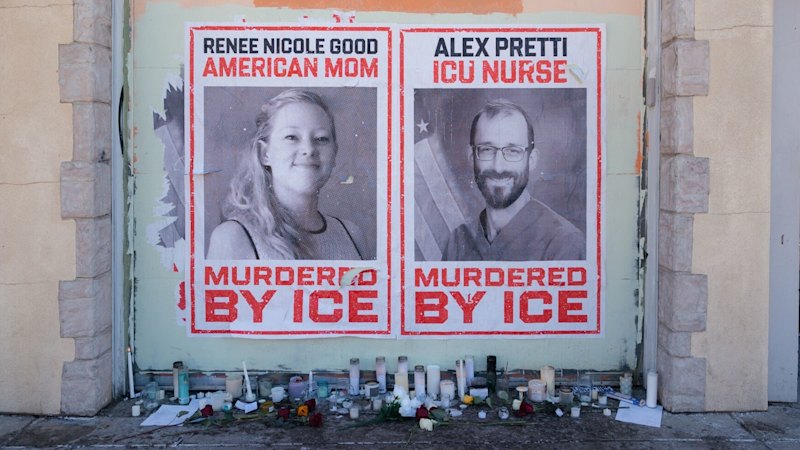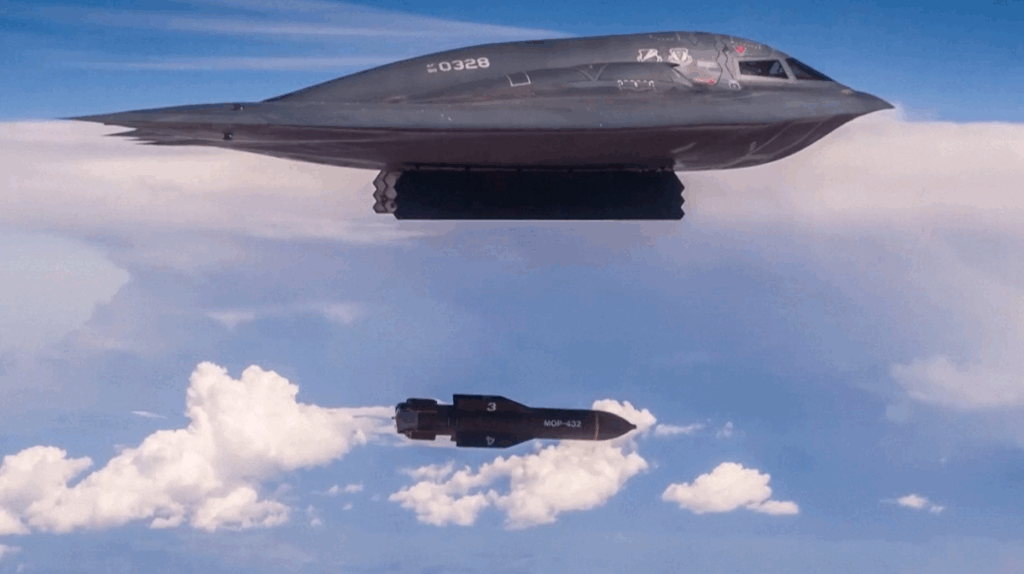
In the event of a third global conflict, Australia would find itself unable to maintain neutrality, according to leading defense experts. The nation’s deepening military ties with the United States would automatically draw it into war, as emphasized by Dr. Thomas Wilkins, an international security expert at the University of Sydney, and Richard Tanter, a Senior Research Associate at the Nautilus Institute.
Wilkins and Tanter agree that Australia’s close strategic and technological bond with the US effectively removes the option of neutrality. “If a third world war occurred, it would be reasonable to assume Canberra would live up to its presumed obligations under the ANZUS Treaty alliance and go to war with America,” Wilkins stated. Tanter added that Australian involvement is no longer a question of if, but “automatically” so.
Strategic Military Ties and Obligations
Australia hosts several major US military and intelligence bases, including the Pine Gap joint defense station outside Alice Springs and the Tindal Air Base in the Northern Territory. “The US has so many bases here — command and intelligence, surveillance and reconnaissance — they would be used on the first day of the war unless there was a very active Australian government move to deny use of these facilities, which won’t happen,” Tanter explained.
Pine Gap’s role extends beyond conventional military action. “Pine Gap is involved in nuclear command, control and communications, and warning,” Tanter noted. “In that sense, we are highly involved in the nuclear policy of the United States.”
Hosting B-52 Bombers: A Shift in Role
Recently, Australia signed an agreement to host US nuclear-capable B-52 bombers at the RAAF Tindal air base, further embedding itself into US strategic considerations. While these aircraft won’t deploy nuclear weapons from Australian soil, Tanter warned this represents a significant shift. “This is a step from communications and control to deployment,” he said. “Refuelling tankers will be based here, and Australian fighter jets will be providing escort cover.”
“We are part of the deployment system. You don’t necessarily need to have the bomb here to be in the nuclear command structure.” — Richard Tanter
Potential Target in Global Conflict
Australia’s inclusion within US military bases makes it a potential target in a global war. “China will understandably interpret Australia’s deepening defense ties with the US as a threat to its own interests,” Wilkins observed. “China has the missile capability and numbers to realistically target Pine Gap, and Australian governments have acknowledged this risk since the Cold War.”
Conversely, Tanter noted that despite political tensions, Iran lacks the capability to pose a direct threat. “Iran does not possess intercontinental ballistic missiles, so a direct attack is highly unlikely under current circumstances,” he said.
Lessons from History
Wilkins drew parallels with Australia’s position during World War II. “Australia put its faith in a weakening ‘great power ally’ to defend it (the UK), whilst not doing nearly enough to prepare its national military capabilities should this strategy fail,” he said, referencing the fall of Singapore in 1942. He warned that Australia is not prepared to face a third global war, citing a lack of psychological and material preparation.
“The lack of psychological and material preparation for a major conflict in Australia at the present time ensures that war will be more costly to the nation than otherwise, again mirroring the experience of the Allies in the first part of the Pacific War.” — Dr. Thomas Wilkins
Conscription and Independent Policy
In the event of a large-scale war, Tanter believes conscription could technically be reinstated, although politically it remains unlikely. “It’s just a matter of decision and law,” he said. However, the historical unpopularity of conscription during the Vietnam War suggests it would face significant resistance.
Australia retains some room for independent decision-making in conflicts involving the US, but this would come at a significant political cost. “In the event of a US-China war, Australia could act independently, but probably only at the cost of the alliance,” Tanter said, emphasizing that Australia has already locked itself into a subordinate role.
Moral Considerations
Australia’s alliances raise tough moral questions as global tensions escalate. Tanter was critical of the Australian role in global conflicts and the broader narrative about defending a “rules-based order.” He referenced recent conflicts, such as the war in Gaza, to highlight the complexities of international alliances.
“There are no clean hands here. The US and Israel are engaged in what I regard as ethnic cleansing or genocide.” — Richard Tanter
As tensions rise globally, Australia’s path may already be set — not by choice, but by alliance. The strategic decisions made today will shape the nation’s future role on the world stage, potentially influencing its involvement in any future global conflicts.
